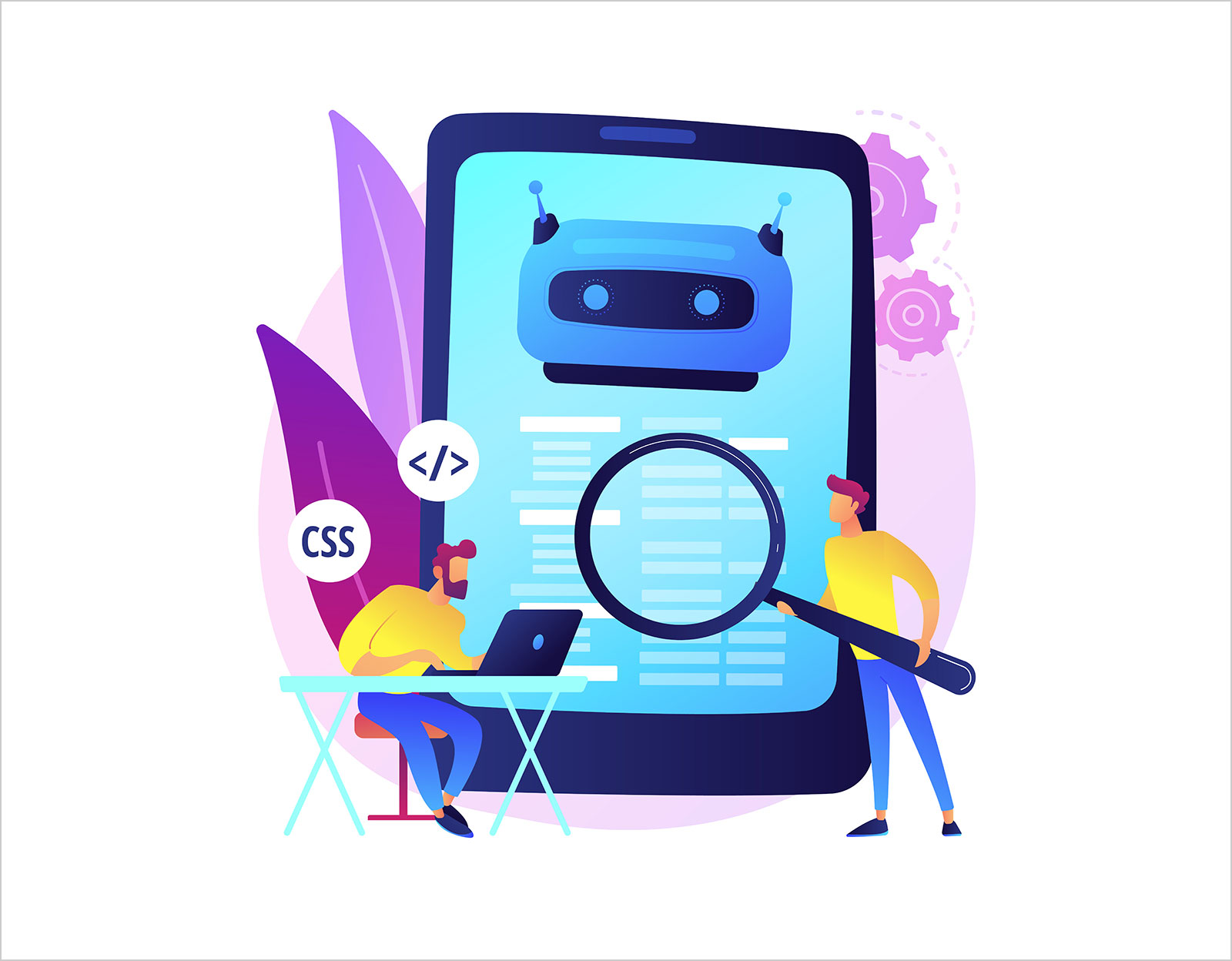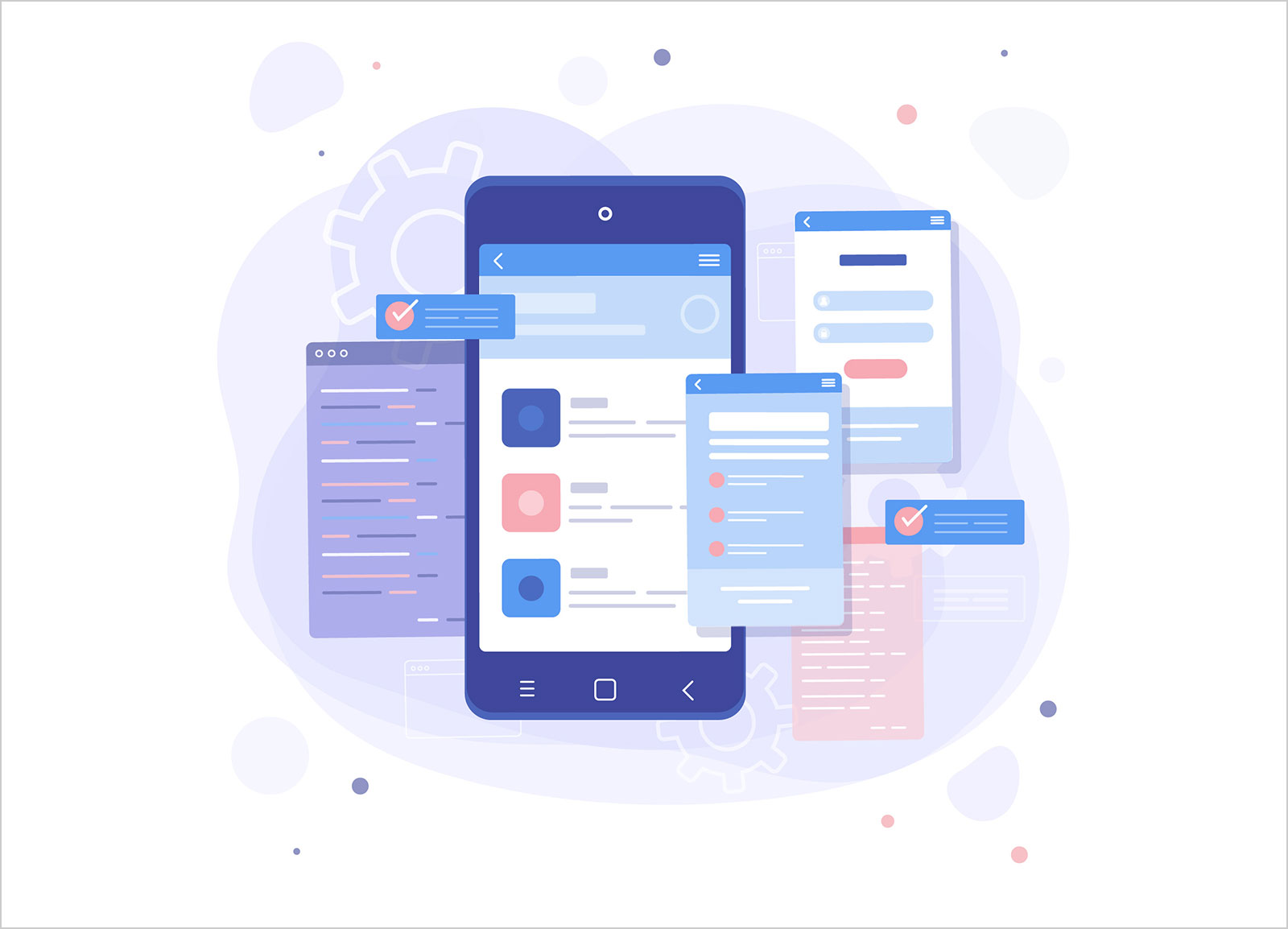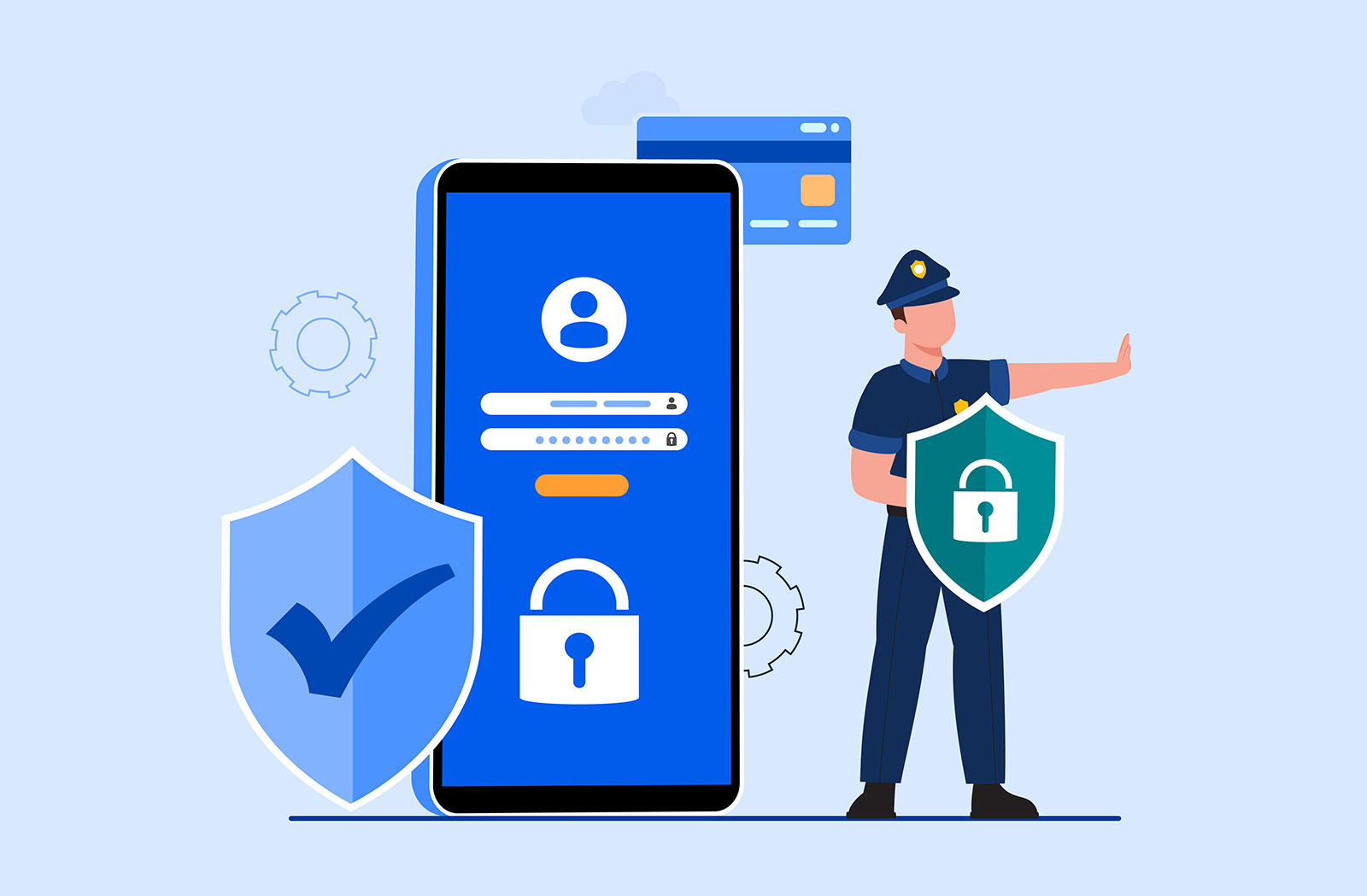Mobile app development is a diverse field growing and evolving at a high rate, driven by the increasing use of mobile devices. Businesses worldwide have benefited dramatically from mobile apps, which have allowed them to grow rapidly. With the mobile app market CAGR growing by 18.4% between 2019 and 2026, this is a clear demonstration of how big this industry is growing.
As mobile app development has grown in popularity, so too have the number of mobile app development platforms. The two most popular ways for developing mobile apps are native and cross platform application development. In the beginning stages of app development, you must decide whether to develop a native app or a cross-platform app.
What is Native and Cross-platform App Development?
Native app development is when an app is built focusing on a specific operating system. The battle is commonly between Android vs iOS development. The programming languages used in native apps vary depending on the particular operating system for which the app is built. With the Android Studio framework, Java or Kotlin are the most common languages for Android development. On the other hand, the Xcode framework for iOS app development commonly utilizes objective- or Swift programming languages.
As for the cross platform application development, it refers to software designed to run on a variety of mobile operating systems. As a result, they can be used on both Android and iOS devices and less-common operating systems. It is possible for app developers to release an app faster and to a larger audience because these apps use a one-code system. Here’s how to choose between the two:
App performance
By being explicitly built for given mobile platforms, native apps win in performance. If you’re looking to get a top-performing app, research the operating system or platform your target audience is found. Then build a native app. Developers interpret some parts of cross-platform applications as they build them.
You’ll notice a significant adverse effect on your app’s overall speed and responsiveness with cross platform app development. Also, because of the difficulty in gaining access to a device’s hardware, cross-platform solutions may run into numerous problems and might affect its performance.
Your target audience
In deciding the platform for your mobile app, you need to consider whom you’re building it for. That being so, you can reach a larger audience with the cross-platform app. If you can, create a single cross-platform app used in Android, iOS, and other users on other platforms.
App development duration
A cross-platform solution eliminates the need for separate codebases for each platform for which you want to build an app. That means that the time complexity in cross-platform app development will be lower than that of the native app development process. If you’re pressed for time and want to release your app quicker, cross-platform apps might be your idea,
Personalization and customization
Each platform is specifically designed to manage a single type of device, like a custom android app development. Designing an app for either iOS or Android requires following a set of distinct design guidelines and patterns. This is what gives native apps an edge over their cross-platform counterparts.
App development budget
Spending less time building an app means saving more money. It’s as simple as that. Since you can build or update cross-Platform apps quicker, this can significantly reduce your app development costs. When you have a tight working budget, and your target audience spreads across several platforms, going cross-platform might save you significantly.
App safety and security
Relying more on open source frameworks and libraries in cross-platform apps can cause you to lose control of our app than in native ones. This is particularly the case when you have a library or framework that is no longer supported and could negatively impact your application. As a result, the security of the codebase is poor because it relies on code from other developers.
Takeaway
When choosing between native and cross-platform apps, your need for performance, budget, target audience, development time, and security are among the top things to consider. If you’re looking to save on resources, time, and reach a mixed platform audience, going cross-platform is the ideal choice. For better performance, security, and personalization, native apps are the best.
Recommended:
- 5 Amazing Mobile Apps for Different Types of Image Manipulation
- 10 Best Tablets With Education Apps to Buy for Kids & Toddlers
- 5 Best Student Apps For Graphic Design
- Top 5 Best Free iPhone Camera Apps to Create 360 Panorama Image & Videos
- 8 Best Sketching, Painting & Illustration iPhone & iPad Apps for Graphic Designers





